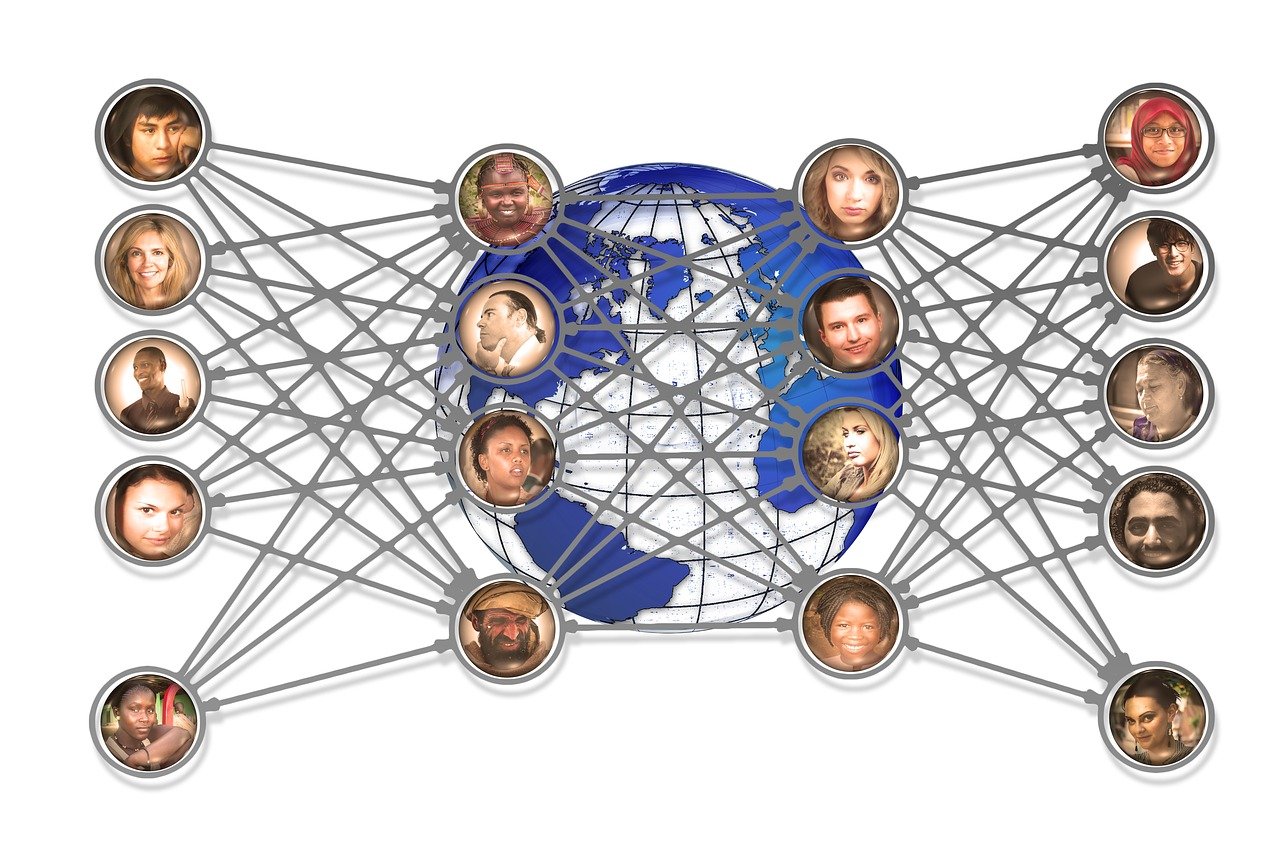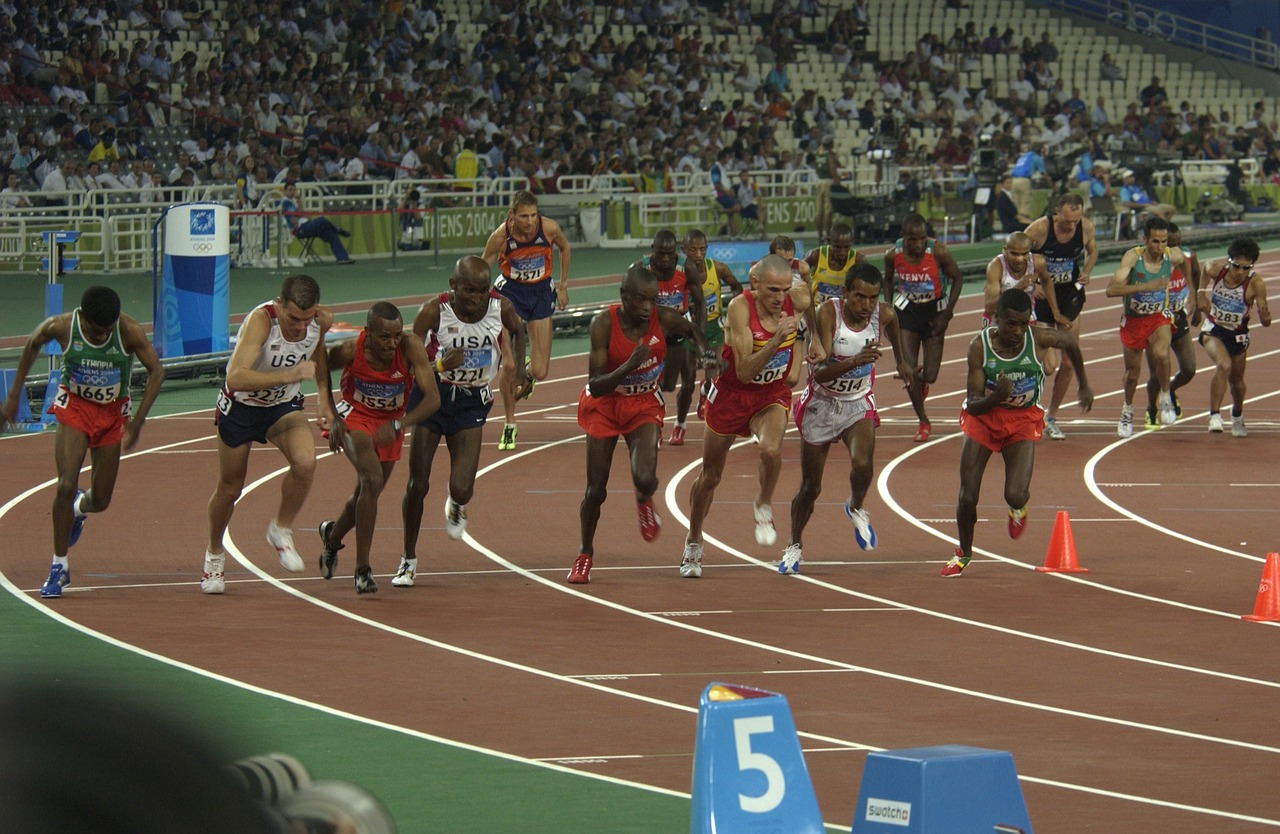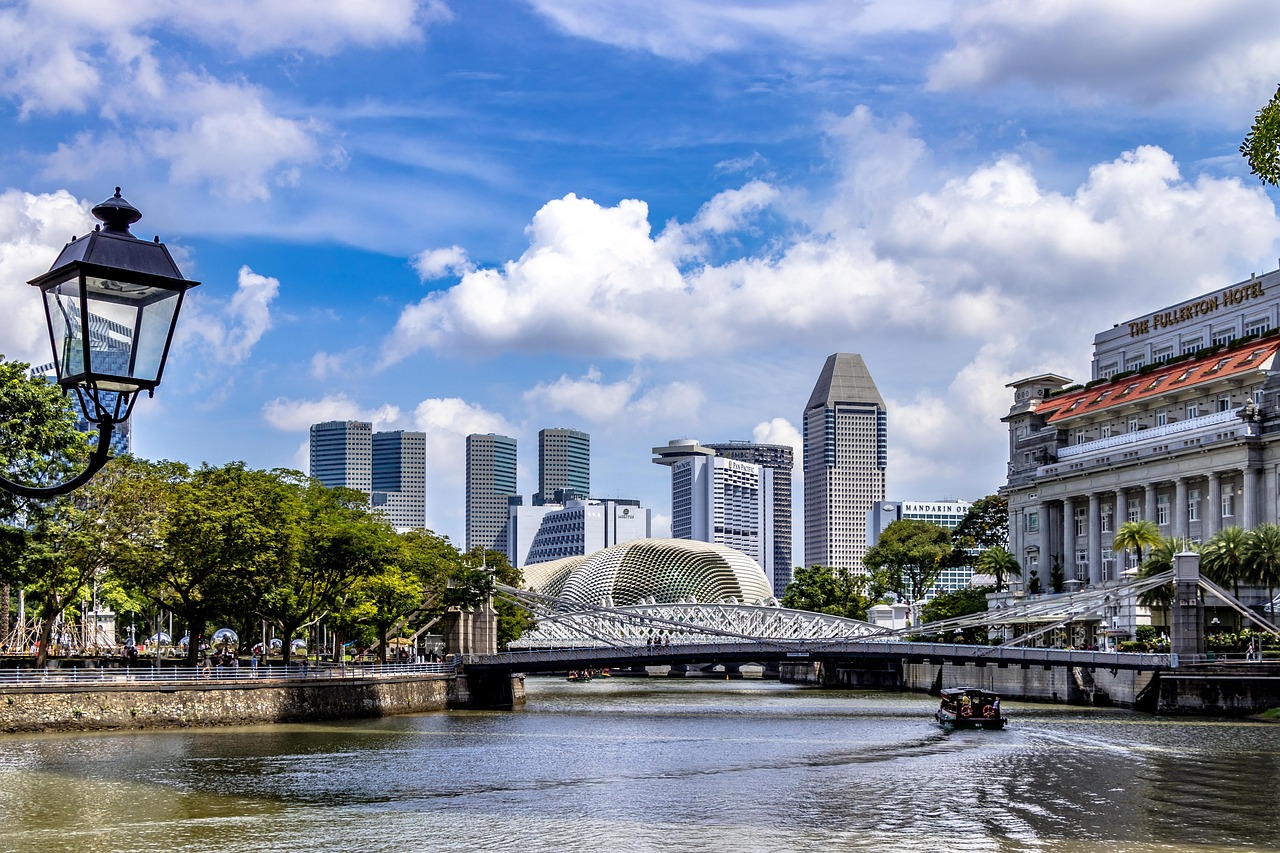Translation of Revolutionary Period in Chinese History
During the Revolutionary Period in Chinese history, which lasted from 1911 to 1949, China underwent a major transformation from an agrarian society to a modern nationstate. This period was marked by significant social, political and economic changes, accompanied by frequent wars and upheavals.
One of the first major events was the Xinhai Revolution in 1911, which overthrew the Qing dynasty and ended over 2,000 years of imperial rule. The establishment of the Republic of China followed, led by Sun Yatsen.
In the years that followed, a power struggle ensued, with various factions vying for control of the fledgling government. In 1921, the Communist Party of China was founded, which would eventually challenge the Nationalist government.
The fight against foreign imperialism and the struggle for national independence were major themes of this period. The May Fourth Movement of 1919 marked a turning point in Chinese cultural and intellectual history. It sparked a wave of protests against imperialism and led to the promotion of modern ideas and political engagement.
The Northern Expedition of 19261928, led by the Nationalists, aimed to unify the country and assert its sovereignty. However, the Nationalists' efforts to suppress the Communists led to the establishment of two rival governments: one in Nanjing led by the Nationalists and one in Yan'an led by the Communists.
During World War II, China was invaded by Japan, leading to a bitter struggle against occupation and an alliance with the Soviet Union. The Communists and Nationalists formed a united front against Japan, but the struggle for power resumed after the war.

In 1949, Mao Zedong proclaimed the establishment of the People's Republic of China, marking the end of the Revolutionary Period and the beginning of a new era in Chinese history.
Lessons can be drawn from the Revolutionary Period in Chinese history, including the importance of national sovereignty, the struggle for independence, and the need to promote modern ideas and political engagement. The period also highlights the dangers of internal conflicts and foreign interference.












评论